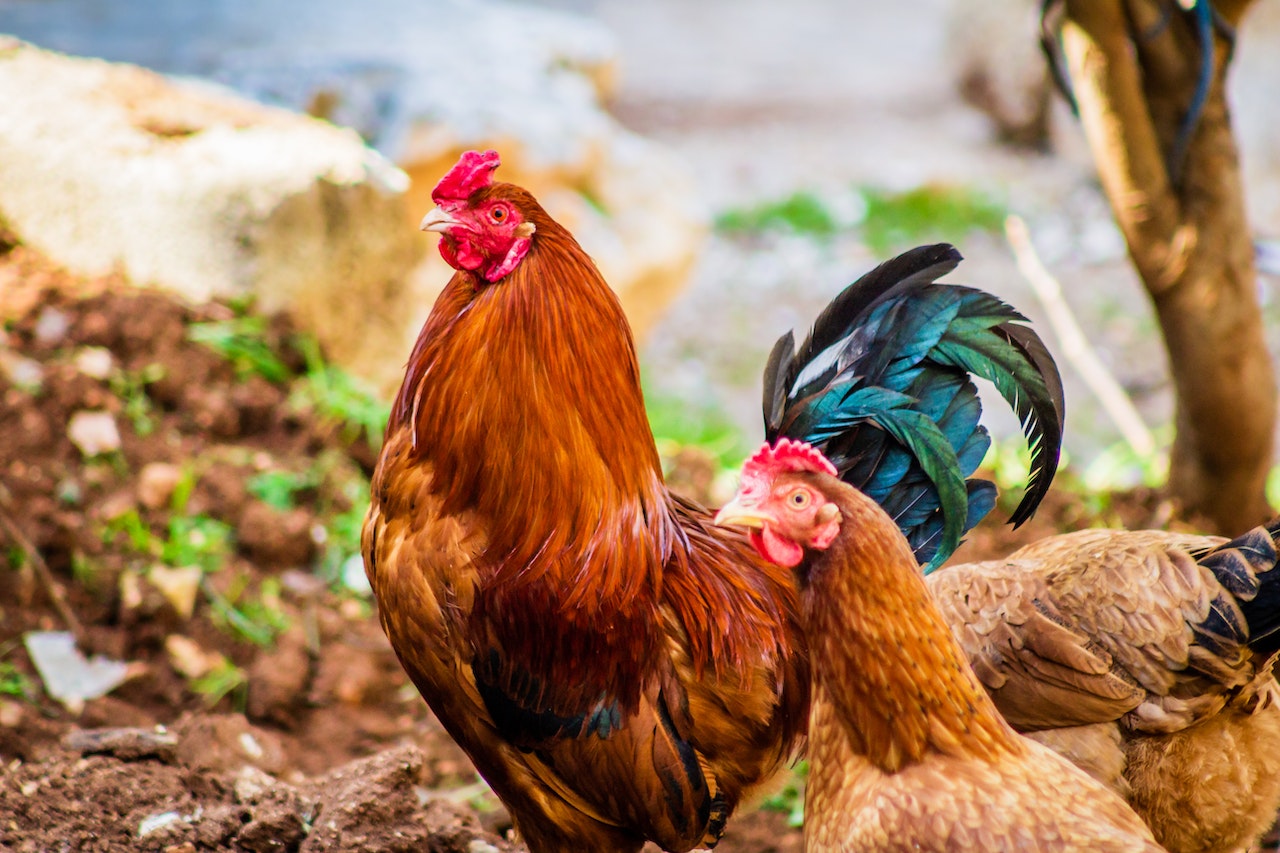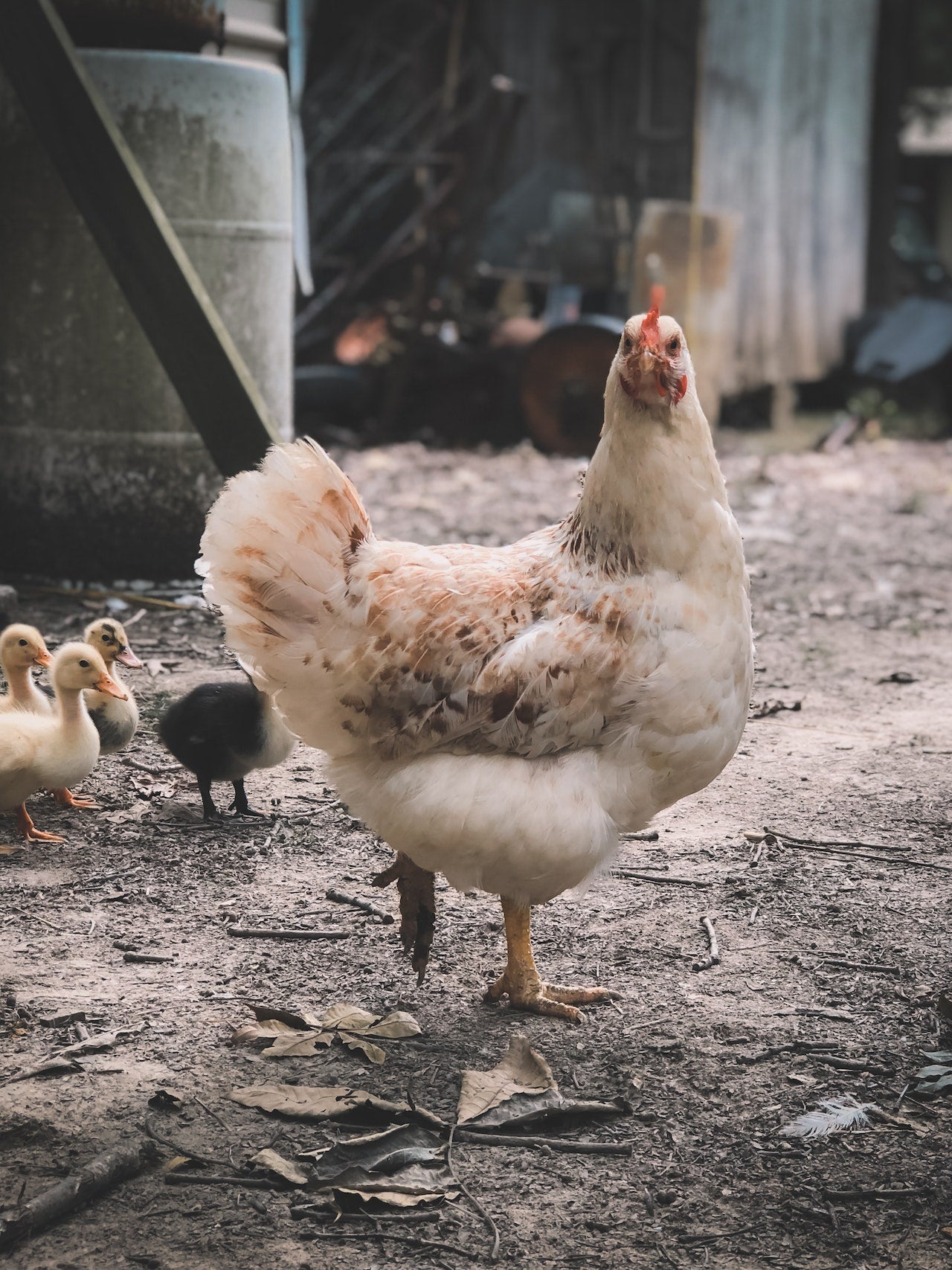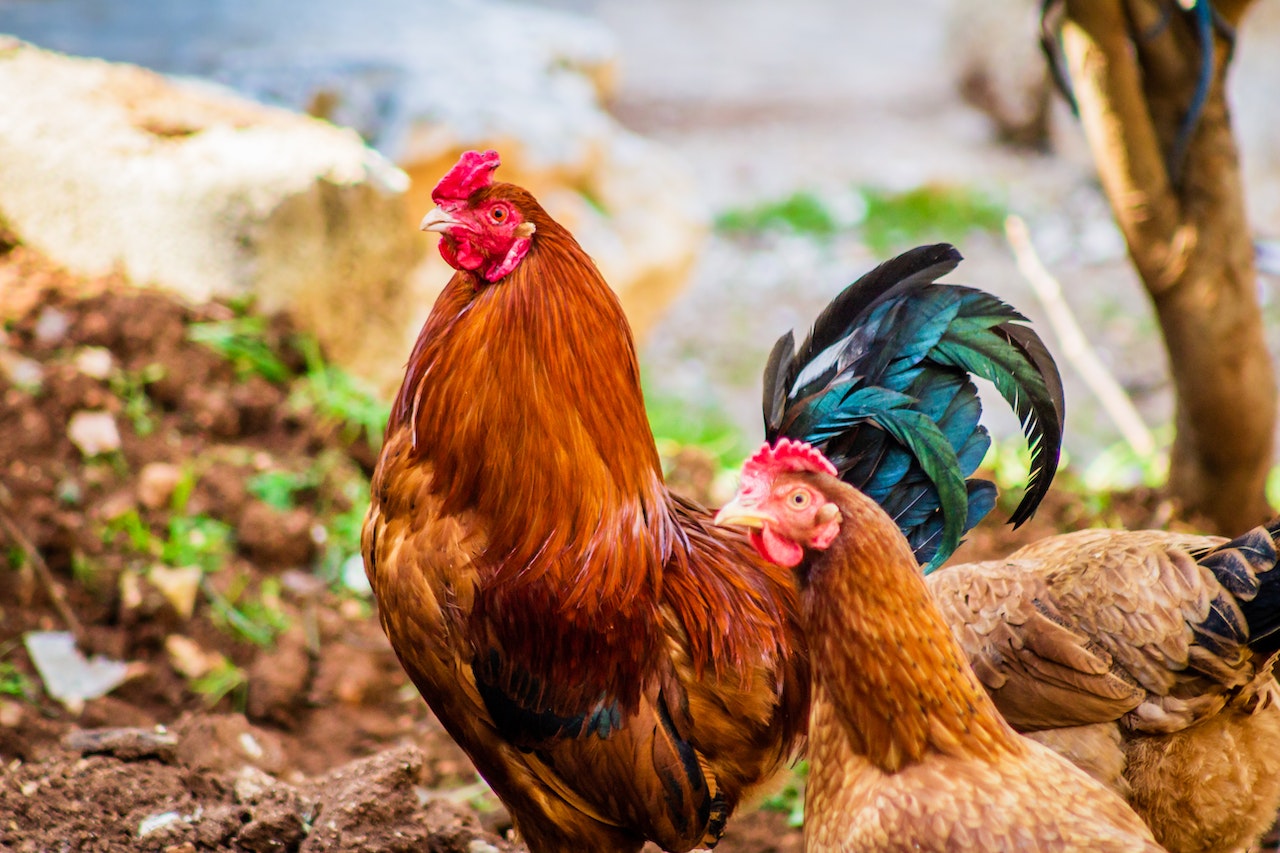
Chickens are no different, they have voracious appetites and gobble up anything edible, especially soft, defenseless insect forms like fly babies (or larva), also known as maggots. Maggots contain less indigestible chitin (stuff that insect bodies or shells get made of), are more fluid, and are easier to digest. They are also rich in protein and provide a nutritious snack.
Can chickens eat maggots?
Yes, chickens can eat maggots. They will happily consume as many maggots as they can. Protein, lipids, and amino acids are abundant in maggots. They are a very healthy addition to your chicken's diet. But when selecting fly larvae to feed your chooks, we advise caution.
Maggots are more nutrient-rich and have less indigestible chitin than adult flies. Chitin is the material that makes up insect bodies or shells. The same reasoning holds true for beetle and butterfly larvae; as is common knowledge, hens will attentively search your yard plants and dig up the ground in search of these delights.

Health Benefit of Maggot Feeding to Chickens
- It aids digestion
Maggots are an excellent source of fiber, which supports a healthy digestive system. Because it encourages regular bowel movements and prevents constipation, fiber is crucial for the chicken.
Food will travel more easily through the digestive tract if your digestive system is in good shape.
- Maintains Strong Bone
Calcium is widely distributed in maggots, and your young chicks need lots of calcium for normal bone growth and to maintain their bones strong and healthy.
Calcium is necessary for hens that lay eggs in order to produce high-quality eggs and to keep their bones from becoming brittle.
- Produce High-Quality Eggs
Protein and calcium are both necessary for high-quality eggs. Larger and better-tasting eggs are produced when hens are fed a lot of these nutrients when they are producing eggs.
Additionally, the hens need about 16% protein to keep them healthy and robust. Otherwise, they'll deteriorate in strength, which will lead to lower-quality eggs.
Feeding your chickens maggots is an affordable and convenient approach to providing them with the proteins they require. The majority of people immediately think of these insects as the kind that lives in foul rubbish and eats bad food. However, it's not always the case.
Are Maggots Bad For Chickens To Eat?
In actuality, eating maggots is quite good for hens. Maggots are an excellent source of protein, but they are also a wonderful source of fat and vitamins. It's a common misconception that maggots are harmful to hens to consume because they could spread parasites, however, this is inaccurate.
Chickens have robust immune systems that are able to combat any dangerous toxins or germs that may be found in the body of the maggot. Adding larvae to your hens' diet shouldn't have any effect on them at all, especially if they are already accustomed to eating insects.
Maggots are packed with nutrients. They have all the nutrients a chicken needs to grow strong and be healthy, including proteins, lipids, carbs, and vitamins A and B.
So feel free to leave your flock alone if you observe them eating any fly larvae.
Although they are frequently fed a diet of wheat, corn, seeds, and other forms of protein, chickens are also known to scavenge insects, worms, and other things.
There hasn't been any research done on whether or not feeding insect larvae to hens would be beneficial for them, so the decision is still up in the air.
What Maggots Are Best for Chickens?
Maggots are not created equally. Paying attention to the species you choose could be valuable if you intend to raise maggots to add to your henhouse lunch menu.
The filet mignon of fly maggots is the black soldier fly larvae (BSFL). They have a ratio of 50% crude protein to 35% lipids and a variety of fishmeal-like amino acids.
Black army fly larvae are also high in calcium, which helps your hens produce strong, nutritious eggshells. They are among the most wholesome and filling food for birds!
Black soldier flies are completely innocuous, do not bite, and make no fly strikes, making them the perfect insect for chickens to eat. (Mostly.) They can contentedly reside in your compost pile and aid in its decomposition, and your chickens can visit and eat some scraps. It is the best habitat for a garden.
Up to 35% fat and 43% protein can be found in black fly larvae. They are the ideal complement or snack for your flock! According to agricultural experts, during the next 50 years, the demand for human food will also increase by 100%. Fortunately, black fly maggots have been suggested as an additive to typical chicken feed components such as maize, soybeans, and cereal. The intention is to feed the hens the larva while saving more maize (and soybean) for human consumption.
How To Feed Maggots To Chickens?
You can use one of these two techniques to feed maggots to your chickens:
Method 1: Ground Toss
Throw them to the floor. They'll begin to get picked at and eaten by the birds.
Method 2: Blending First, blend them into the chicken feeds to add extra nutrients to the meal.
After that, combine their feed with a few maggots. Then either put it on the ground or into their eating bowl.
How Many Maggots Should I Give My Chickens?
You don't need to bother about watching the procedure if your chickens find the maggots organically; they can eat as much of the slipper treats as they wish.
There won't typically be enough maggots for the entire flock to eat.
When Are Maggots Harmful To Chickens?
Maggots don't pose any immediate harm to chickens, according to the majority of poultry experts and farmers. Chickens can condense and crush food inside their bodies, so they won't perish if they consume maggots. Due to their extreme softness, maggots are broken down into easily ingestible fragments before entering the chicken's digestive system.
Maggots are a favorite food of chickens, who view them as special delicacies. However, a few of these crawlers can get out of your container and cause problems in your coop. Make sure there won't be an infestation. For this, make sure to continuously monitor the coop and get rid of any maggots you detect.
Conclusion
Maggots are consumed by chickens if they are found, thus yes. Maggots are not only acceptable for chickens to eat, but they are also a wholesome snack because of their high protein content.
Chickens have ravenous appetites and eat everything edible, just like humans. They particularly appreciate fragile, helpless insect forms like maggot-like fly babies (or larva).



